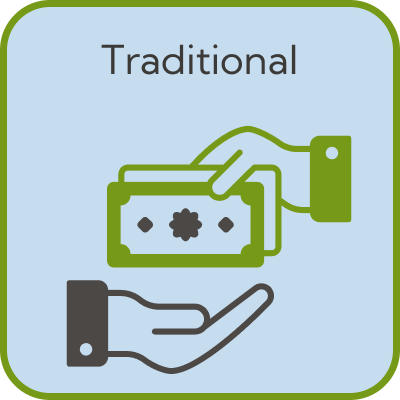Fundraise by participating in Self-organised skipping a meal for charity!
Self-organised skipping a meal for charity
Imagine transforming your regular mealtime into a moment of giving and solidarity by participating in a self-organised "Skipping a Meal for Charity" event. This event involves you choosing to skip a meal and donating the equivalent cost of that meal, or more, to a charity of your choice. It's a simple yet impactful way to support those in need, possibly providing meals to those who are less fortunate or supporting other causes that are close to your heart.
This type of event is an excellent idea for charitable fundraising for several reasons. First, it's highly accessible; anyone can participate as it doesn't require any special skills or physical effort, just commitment. Second, it raises awareness about issues such as hunger and poverty, making it not only a fundraising activity but also an educational experience that fosters empathy and understanding. By skipping a meal, you directly connect with the cause you are supporting, making the act of giving deeply personal and immediate.
To organise this event effectively, start by setting a clear goal for how much money you aim to raise and choose a charity that resonates with you or your community. Communicate with your chosen charity to align your efforts and perhaps get promotional materials to share with your network. Announce your plan to friends, family, and colleagues using social media, emails, or even flyers, explaining why you are skipping a meal and how their contributions can help. Encourage them to join you in this initiative or support you with donations. Be transparent about where the donations will go and provide updates about the progress towards the fundraising goal.
For "Skipping a Meal for Charity," several Sponsivity challenge types could enhance your fundraising efforts. The Traditional Challenge model works well here, with straightforward donation requests matching the cost of meals skipped. Alternatively, the Wager Challenge model can add an engaging twist: set a fundraising target and commit to skipping a meal for a certain number of days once the target is reached. This generates more excitement and a sense of urgency among your donors, who may be intrigued to see if you can meet your challenge.
Lastly, consider using social media to document your journey, sharing insights and thoughts during the days you skip meals. This keeps your supporters engaged and inspired, potentially attracting more donations and impacting the cause positively. By choosing to skip a meal for charity, you're not only contributing financially but also sparking conversations and awareness around critical issues—a small sacrifice for potentially great rewards in community support and impact.

Sponsivity offers you several ways to raise for Self-organised skipping a meal for charity


📅 Self-Organised – Fundraising on Your Terms
Self-organised fundraising challenges put you in control, allowing fundraisers to create a challenge that’s unique, personal, and tailored to their passions. Unlike organised events, self-organised challenges offer complete flexibility—whether it’s a solo endurance test, a creative personal challenge, or a community-driven activity.
Why Self-Organised Challenges Work for Fundraising:
- Full Flexibility: Choose the activity, location, and timing that works best for you, making fundraising accessible and achievable.
- Personal & Meaningful: Custom challenges allow fundraisers to connect with their audience by choosing something significant to them.
- Low-Cost & Inclusive: Without the need for event entry fees or logistics, anyone can participate, making it easy to involve family, friends, or colleagues.
- Perfect for Challenge Chain & Wager Models: Self-organised challenges can inspire others to join in, spreading the impact through viral nominations.
Examples of Self-Organised Fundraisers:
- Personal Running Challenge: “I’ll run 5K every day for a month—support my journey!”
- DIY Fitness Marathon: “I’m doing 1,000 push-ups in a day—every donation pushes me further!”
- Creative Challenge: “I’ll cycle across the country dressed as a superhero—help me hit my fundraising goal!”
Self-organised challenges allow fundraisers to turn their creativity, passions, and dedication into real impact, making it a powerful and accessible way to raise money for a cause.
Set bespoke rewards that suit self-organised event
- Rename the challenge in your honour
- Bring home-baked cookies to the finishline